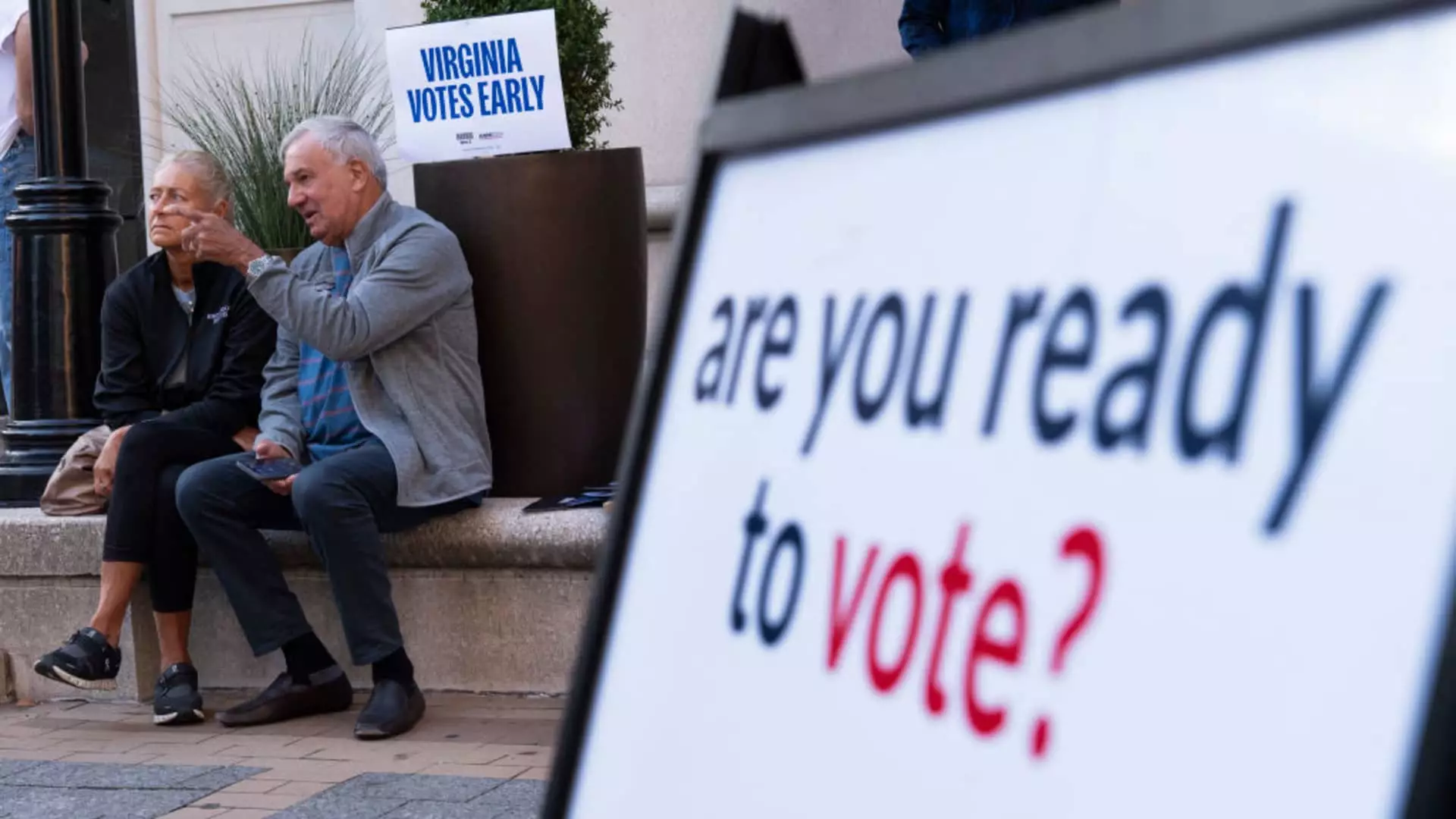As the November election looms closer, many Americans find themselves weighing their financial decisions against the uncertainty of political outcomes. A revealing survey conducted by the CFP Board highlights that a significant 63% of the population is postponing critical financial commitments—think vacations, home renovations, and major purchases—until after the election concludes. This mindset raises questions about the intersection between political events and personal finance strategy. Should voters allow election results to dictate their financial choices, or are there more rational approaches to embarking on significant life purchases?
While it might feel prudent to hold off on financial decisions until the dust settles post-election, financial experts argue that such a strategy could be flawed. The waiting game can lead to missed opportunities and unnecessary stress. The rationale is simple: the intricacies of policy changes and their potential impacts take time to unfold, given the need for legislative consensus. As Michael Liersch, a financial planning executive at Wells Fargo, aptly points out, individuals need to ask themselves a crucial question: would the potential winners of the election materially change their financial landscape?
Personal finance should hinge on individual goals and plans rather than fluctuating political climates. Certifying the importance of planning ahead, financial advisors like Liz Miller emphasize revisiting and reassessing one’s financial game plan rather than being swept away by the currents of political uncertainty.
Instead of letting the election be a deciding factor in important financial choices, individuals are encouraged to focus on their own financial goals. This means developing a clear financial roadmap that outlines best-case and worst-case scenarios. Engaging in this kind of examination allows for informed decisions to be made without postponing actions unnecessarily. Liersch suggests that individuals delve into actionable steps now, rather than waiting for clearer political directives.
For example, concerns surrounding social programs such as Social Security—highlighted by 81% of respondents in a recent survey—demand proactive measures. With the risk of reduced benefits looming on the horizon, professionals recommend that individuals take stock of their potential Social Security payouts and strategies to increase their savings. Effective budgeting could provide a buffer against potential shortfalls in the future.
Amidst economic uncertainty and fluctuating political landscapes, some core financial principles remain unchanged. Financial experts recommend prioritizing actions like paying down debt, maintaining an emergency fund, and sticking to a well-considered investment strategy. These timeless strategies can foster a sense of security despite external turmoil. Stacy Francis, a seasoned financial planner, emphasizes that individuals who proactively manage their finances tend to feel more grounded when faced with uncertain scenarios.
Furthermore, now may present a strategic opportunity regarding capital gains taxation. With the stock market experiencing significant growth, individuals should consider whether it’s advantageous to realize gains while tax conditions remain stable. Financial planners like Miller advocate for discussions revolving around capital gains in a manner that’s detached from anticipated political developments, supporting the idea that timing remains an essential yet often overlooked aspect of investment success.
As we navigate through this election season, the key takeaway is clear: individuals should not allow political outcomes to dictate their financial decisions. Instead, attention must remain focused on personal ambitions and long-term financial goals. Voters should question whether delaying decisions for election results is genuinely beneficial or merely a source of anxiety that complicates their financial landscape.
While the excitement and unpredictability of elections can be overwhelming, it is essential to prioritize one’s financial health through informed decision-making. A proactive approach towards finance equips individuals to face the coming months with greater confidence and stability, irrespective of political winds. Setting aside fear and reliance on external circumstances, you can forge ahead with clarity and purpose, ensuring that your financial future remains solidly in your hands.

Leave a Reply